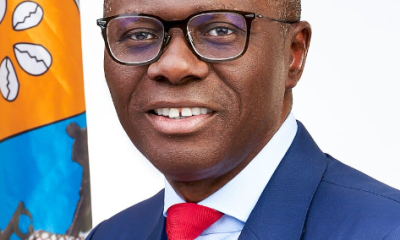It is saddening that despite several years of boom in the price of crude oil, the country has refused to improve on its refining capacity, importing over 70 percent of its diesel consumption.
According to National Bureau of Statistics, Nigeria spent N2.068 trillion on the importation of petroleum products within a nine-month period, from January to September 2017, rising by 14.32 percent from N1.809 trillion recorded in the same period in 2016. Out of the total petroleum products imported, N1.541 trillion was spent on the importation of premium motor spirit, also known as petrol.
The economic implication of importing 77% of diesel into the country is that it puts pressure on already scarce foreign exchange.
Minister of Power, Housing, and Works Mr. Babatunde Fashola revealed that Nigerians consume 300 million litres of Diesel monthly, stressing that 77 percent of this is being imported into the country, while 40 percent of this is used to power generators by households and businesses as alternative energy.
Fashola also noted that the power sector is losing N24bn every month largely to imported energy. The amount used in importing fuel as an alternative source for generating power could be deployed for use in the electricity supply industry and improve on the current transmission capacity which currently stands at a meagre 2,000MW.
The present administration has vowed to stop the importation of refined petroleum products by 2019; this is expected to reduce the humongous amount spent on importation. This can only be achieved if private investors who have been given license to construct a refinery in the country work round the clock to achieve this task. The country will benefit if 70% of our crude oil is refined locally.
Recently at the launch of Petrolex’s 300 million capacity tank farm, the Minister of Petroleum Dr. Ibe Kachiukwu assured that with the help of private investors’ government will realize its target of putting an end to the importation of refined products by 2019.
Also with the coming on board of Dangote’s $12bn refinery project, there are hopes that the rate of importation will reduce. This will also add an additional 12,000MW of power generation to the national grid also upon completion and the refinery is expected to produce 65,000 barrels per day (bpd).

 Health5 days ago
Health5 days ago
 Entertainment7 days ago
Entertainment7 days ago
 Education7 days ago
Education7 days ago
 Crime5 days ago
Crime5 days ago
 Health7 days ago
Health7 days ago
 Comments and Issues6 days ago
Comments and Issues6 days ago
 Football6 days ago
Football6 days ago
 Latest6 days ago
Latest6 days ago













